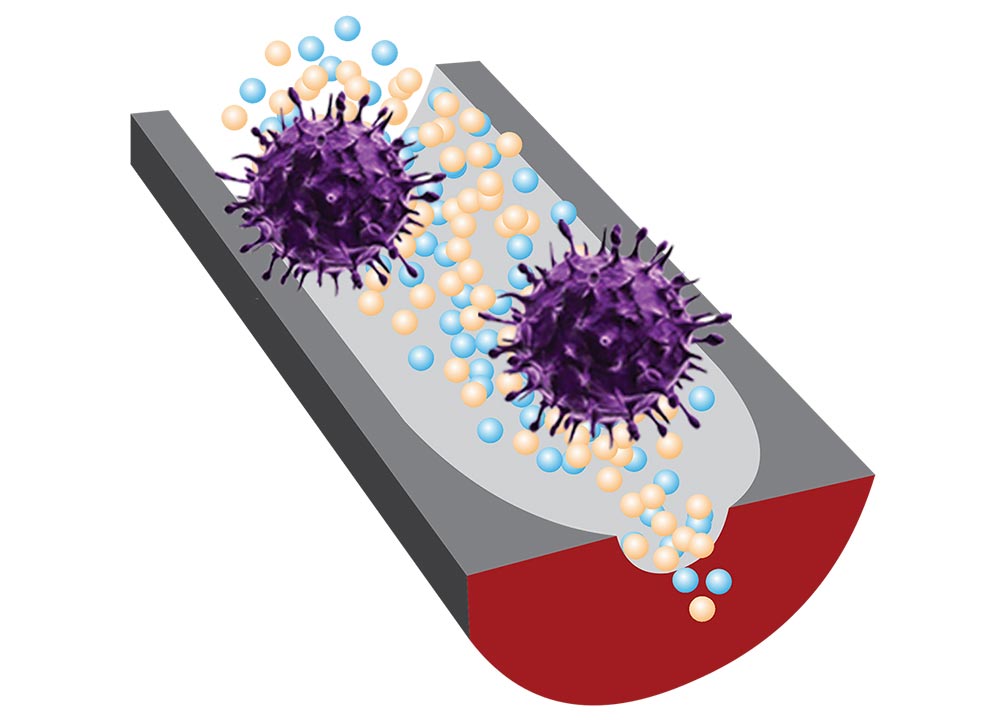Scientists have found that marine cold spells are vanishing at an alarming rate as global warming takes hold across the planet.
The cold spells, which are the opposite of a heatwave and feature unseasonably exceptional cold water that can prove harmful to the marine ecosystems, are becoming less frequent and less severe, according to a new study.
The new study which was published in the journal Geophysical Research Letters shows that when compared to the 1980s, the oceans experience only 25% of the number of cold spell days. The study also found that when cold spells appear they are on average 15% less intense than previous.
The study notes that this is a double-edged sword: While it reduces the effects of a mass die-off due to the cold, it also reduces the recovery period and time from heat waves.
According to the study’s lead author Yuxin Wang, ocean and climate scientist at the University of Tasmania:
“Recently, studies have focused on heat waves and warm ocean temperature events, less so the cold events. Marine cold spells play dual roles in influencing ecosystems…They can cause devastating impacts, like coral bleaching and mass mortality events. But cold spells can offset the impacts of heat waves.”
While Sofia Darmaraki, physical oceanographer at the National and Kapodistrian University of Athens, who was not involved in the study, stated:
“Extreme events, either warm or cold, can bring an ecosystem to the edge. Establishing the oceans’ baseline climatology and sensitivity of heat waves and cold spells to temperature changes, like they did in this study, is a burning question for the community. Extreme events affect coastal communities and economies, but members of the public might not be aware of how they’re going to intensify in the future. We need to get the word out. Information about the underlying, physical causes of these extreme events can help improve forecasting, which can lead to the development of early warning systems. That information can be provided to fisheries and other stakeholders, and they can collaborate on the best adaptations, the best path forward.”
Note: This article have been indexed to our site. We do not claim legitimacy, ownership or copyright of any of the content above. To see the article at original source Click Here










:max_bytes(150000):strip_icc()/4Aikinsitu6-f55d026b416b4a82b8c9597d42d9472f.jpg)


